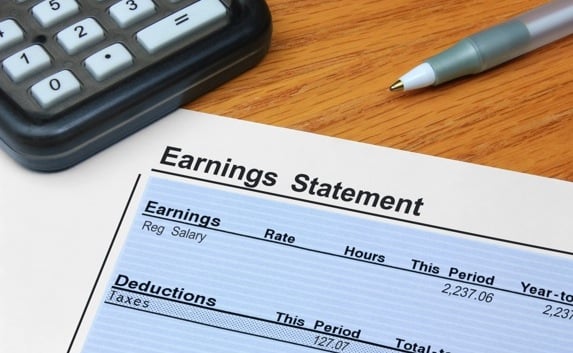Advisers need to do a better job of helping clients save, says consumer finance expert
Focusing on consumer spending habits might be the key to steering more money toward retirement savings.
Matt Fellowes, chief executive of HelloWallet, presented that message yesterday to money managers and advisers at the Morningstar Ibbotson conference in Hollywood, Fla.
The not-so-subtle emphasis on behavioral finance is designed to help the financial services industry stop some of the $85 billion in annual “leakage” that is leaving retirement plans.
According to Mr. Fellowes, Americans not only are $6 trillion behind in their retirement savings, but they are also following a nasty habit of pulling money out of qualified accounts prior to retirement.
Of that $85 billion, he said $74 billion is leaving by simple cash-outs when changing jobs, $9 billion is the result of hardship withdrawals, and $1 billion is represented by retirement account loans that are not being repaid.
“Retirement savings is not the focus for most households, so we've got to help workers more effectively allocate their paychecks,” Mr. Fellowes said.
Part of the problem, he explained, is that most workers feel like they are living paycheck to paycheck. “It doesn't matter if they actually are living paycheck to paycheck, the fact is 70% of workers feel like they are,” he said.
Because the idea of funding retirement often is seen as a faraway and insurmountable concept, Mr. Fellowes wants the financial services industry to guide consumers to focus more on present-day spending habits.
And by showing investors where spending can be reduced, he said, financial advisers will be able to start the conversation about putting that extra money into retirement savings.
The savings can be large or small, but it can be found virtually everywhere in a typical household, Mr. Fellowes said.
“Housing, food, and utilities lead the list of household expenditures, but none of those expenses are fixed over the long-term,” he said. “There are lots of inefficiencies in how most Americans consume products and services.”
For example, he pointed out that Americans spend about $38 billion on bank overdraft fees annually, when half of U.S. households have savings accounts at the same bank that could be linked to a checking account as a way of preventing overdraft fees.
Another example is how many people have not yet taken advantage of the historically low mortgage rates.
“We know that about 30% of fixed-rate mortgages are currently paying above what they could be paying,” he said. “Conservatively estimated, that's costing consumers $60 billion.”
Money can even be saved on something as basic as household appliances, he said, where “prices can vary by 10% from one store to the next.”
“Most people don't know how much money they're spending; and they certainly don't know what kind of interest they're paying on their credit cards,” he said. “We're not talking to people about retirement by doing this, we're talking to them about spending and that's relevant to what people are thinking about.”







